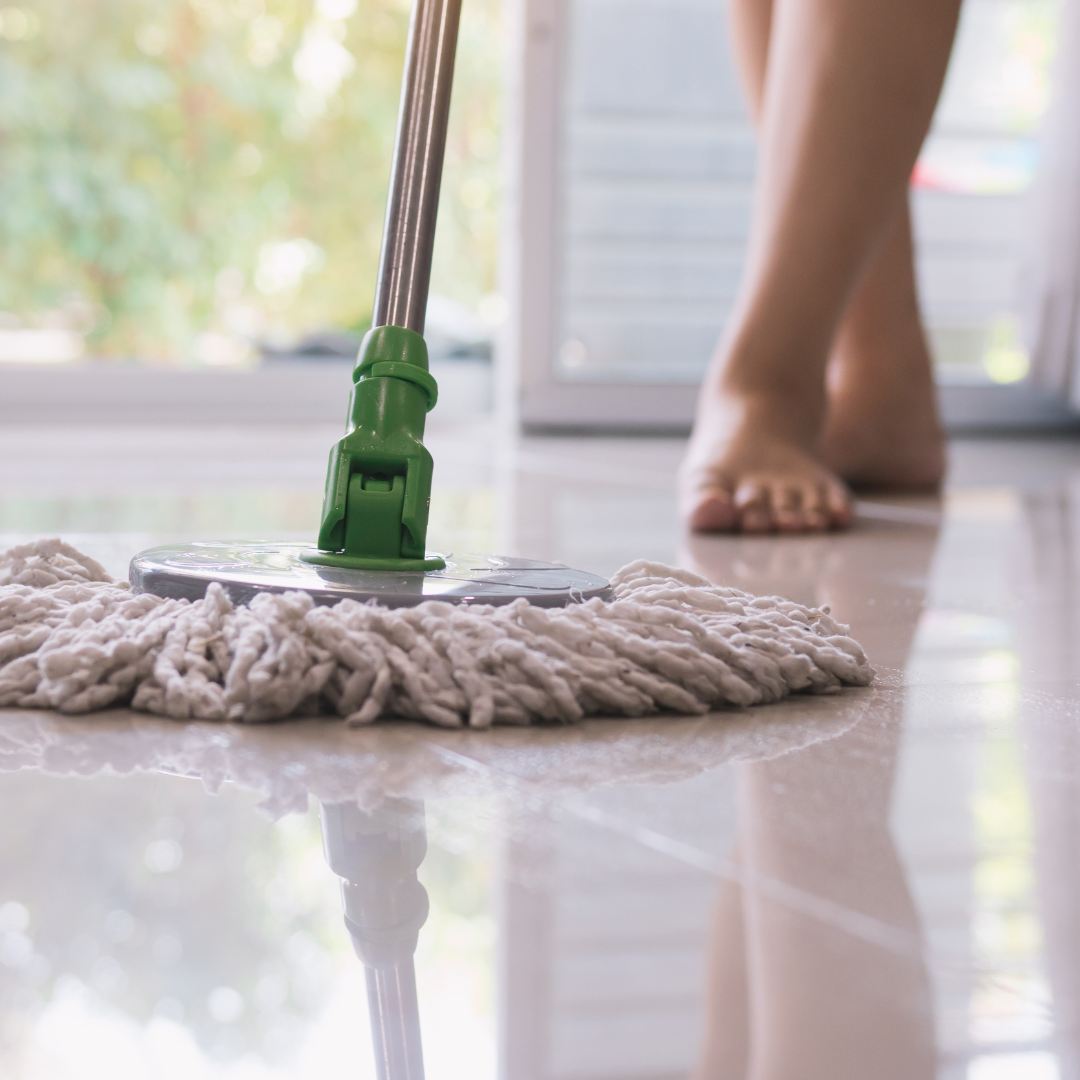Frustration and Aging

The Strawberry Mess that Changed My Life
As a young married woman in college, I stopped by Sherry's place to say hi. She was also married to a BYU football player and we were pals. She was surrounded by cleaning equipment and wringing out the mop. Having spent all morning making her husband's favorite strawberry pie, as she was moving the pie to the kitchen counter, she dropped it. Strawberries and glaze went all across the floor, and up the wall. The glass pan shattered and after an hour of wiping up strawberry goo, she was still mopping.

But here's what changed my life. As she was telling me about this whole mess, she was not flustered at all, she was even laughing about it.
I thought; why is she not angry and frustrated about this huge waste of time and effort? I remember it like it was yesterday; I wanted to be as in control of my emotions during stressful events as she was in that moment. I wanted to be able to do that.
We feel frustration when we're unable to achieve our desires; we all feel it from time to time. But when it happens often or become chronic the body can go into a state of stress. This stress response triggers the release of hormones like cortisol and adrenaline, which prepare us for the fight or flight response. This response can be helpful in short bursts, like when running from a tiger--but since none of us are being chased by a tiger at the moment, this chronic hit of adrenaline can have serious health consequences.
One of the main ways that frustration ages the body is by accelerating the aging process at the cellular level. Telomeres, the protective caps on the end of our DNA strands, naturally shorten with age. However, research has shown that chronic stress, including frustration, can speed up this process and lead to premature aging.
In addition to accelerating cellular aging, frustration can also have other negative effects on the body. It can increase inflammation, weaken the immune system, and contribute to the development of chronic diseases like heart disease, diabetes, and depression.
The first step to preventing the above mentioned dangerous fallout is to see it coming and get out of the way. Recognize when that feeling is coming up for you and take steps such as:
- Close the laptop and stand up and stretch
- Practice with me in one of my anxiety release videos in the Heyloa Library or in the Heyloa app
- Step away even if it's into your backyard just for a moment to practice deep breathing exercises
- Call a friend. You know, the one you can really spill the tea with and tell her how you feel
- Meditate daily. Five to ten minutes can make a huge difference when done daily.
By recognizing the feeling of frustration and taking steps to manage that feeling, we can help to prevent it from aging the body and impacting overall health. Taking care of yourself is always the best investment, so don't hesitate to prioritize it! And next time you make a strawberry pie, be careful when you move it!

